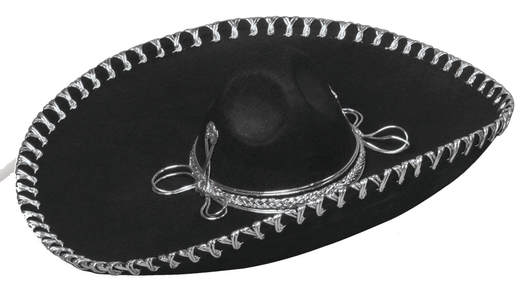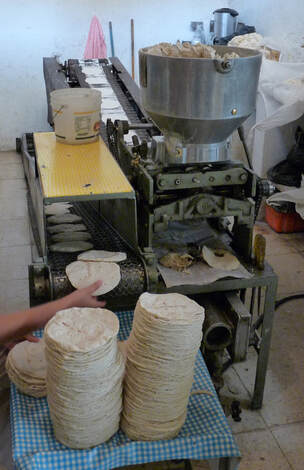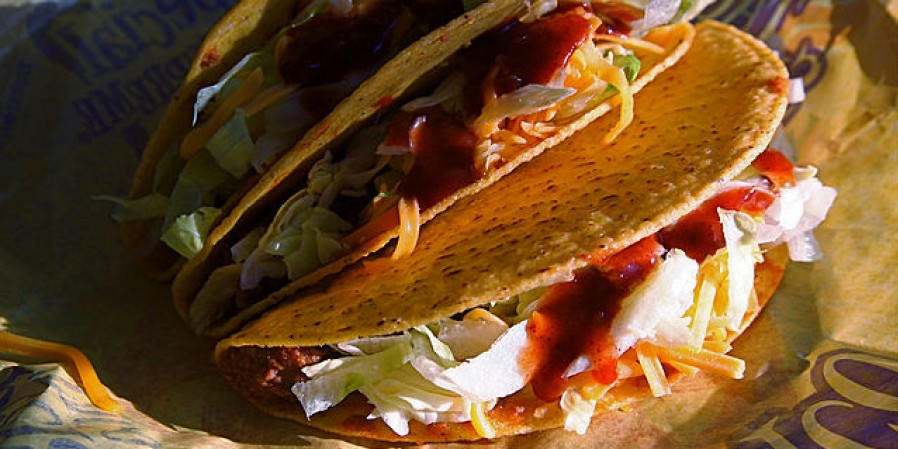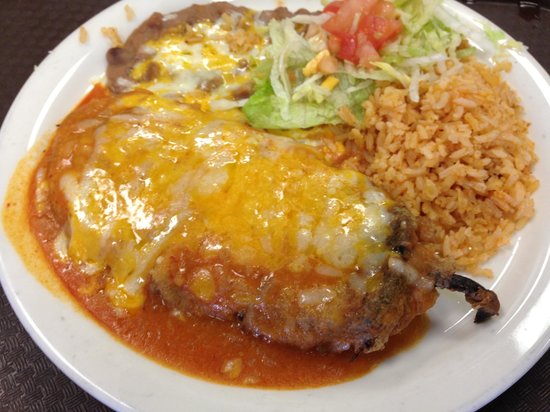The loggers and farmers in the Willamette Valley had never heard of a taco, much less eaten one.
Tommy dropped dead one day in his kitchen. He owned Tommy’s Inn just across the street from the University of Oregon campus. The building was ancient, the equipment older. Tommy’s Inn was the epitome of the greasy spoon diner.
Mama worked across the street at the Campus Inn for Bill Spiller, Tommy’s arch-rival. When Mama came home with the news of Tommy’s death, Papa saw opportunity.
Papa immediately contacted the landlord and negotiated to take over Tommy’s lease. Then he contacted Tommy’s widow and bought the furniture, fixtures and equipment. He and I loaded our tools in the truck and set out to remodel Tommy’s Inn. I was thirteen at the time.
When Tommy died, they locked the doors and left everything as it was. It was a mess. By the time we had cleared all the legal hurdles and gained access to the building it had sat empty for months. We had a bumper crop of mold growing in the refrigerators. Bread left out on the counter turned green. The freezer shelves were covered in frost and none of the food was usable. A thick layer of grease covered the kitchen, and the greasy smell permeated the restaurant. We spent the first week just cleaning the place up enough that we could start demolition.
On the first day on the job, Papa fell through the rotted floor. Our first job was to tear out the old floor and replace it. Papa has been working in construction since the 1920’s and knew a thing or two about building.
“Look at these funny nails,” I said as I began pulling up the old floor. The nails were like none I had ever seen before.
“My God, those are square nails,” Papa said. “I’ve seen them in some old buildings, but I’ve never worked with them before. We stopped using that kind of nails sometime around the turn of the century.”
I spent my entire summer working with Papa, cleaning, painting, and remodeling. We tore up the old kitchen and redesigned it to work like Francis’ kitchen at La Fonda. Installing the tortilla machine was no small challenge.
We built plywood booths in the dining room to replace the rickety wooden tables Tommy had used. We repainted the exterior with bright Mexican colors. Our crowning glory was hiring a crane to lift our eight-foot plywood sombrero to the roof to proclaim to the world that we were in business.
By the end of summer, we were ready to open. Papa wanted to hold a grand opening. Mama wanted to sneak into business. She said we would open a couple of weeks before school started to do a dry run, sort of work the bugs out, then when the University was in session, we would announce a grand opening with advertising, give aways, music, etc.
While we worked on the restaurant all summer we studied the neighborhood. Weekdays were fairly busy in the little shopping district that was then called the Campus Village. Weekends were dead. No one worked at the University on weekends and most of the shops in the village were closed. We decided that we would open on a Saturday in mid-September so that we could test our equipment before we had to face a crush of customers.
Mama showed up around ten o’clock and started her preparation of the dining room. On this day, she taught me how to make fresh salsa for the first time. By eleven o’clock our first employee showed up to waitress the lunch shift. We unlocked the door and were in business. As planned, we got off to a slow start.
Around eleven thirty a couple of young men wandered in asking about “tay-cohs.” It seems that they had been introduced to tacos on a trip to Southern California. By noon we had a couple of customers, but it was apparent that it was not going to be busy. At one o’clock Papa announced that he still had construction work to finish up and needed to run to the lumber yard. I took over in the kitchen as he jumped in his old Dodge flatbed and took off down the road. We only had an order or two at a time and I had no problem keeping up.
At about this time Mama, always mindful of labor expense, sent our waitress home. There wasn’t enough business to warrant keeping her on duty. Through the afternoon Mama and I worked together, laughing and joking about how slow business was and how we were not going to be able to make a living here.
Around four o’clock we started having a customer or two straggle in. At five o’clock it was a steady stream. Suddenly the dining room filled up, Mama ran from table to table, distributing menus, serving water and tostaditas with salsa, and writing orders. We had a wire with clothes pins on it strung across the pass-through port on which the waitresses clipped their tickets. I read the tickets, prepared the order and put the food on the pass-through bar under infrared heat lamps. The wire was filling up.
With no Papa in sight, I started to panic.
“They’re coming through both doors,” Mama shouted as a line began to form for tables.
My panic rose.
Mama put ticket after ticket on the clothes pins in the window. I tried as best I could to keep up. I was only thirteen years old, and this was my first experience with doing a real job.
“Lock the doors, tell the people to go home,” I shouted to Mama as she put another ticket in the window.
“We can’t, we have to serve them.”
“Let’s get out of here. We can escape through the back door.” I dropped my spatula and ran for the back door. As my hand reached for the doorknob, Mama grabbed my collar.
“Don’t leave me now. We have to get through this together.”
I looked into her big brown eyes. I could see real fear. I couldn’t abandon Mama to her fate. I returned to the steam table and began to whip out enchiladas and tacos.
We had made a slight miscalculation in choosing a day to slip quietly into business. The Saturday two weeks before school began was the first University of Oregon football game. They were still playing at Hayward Field at the time, within easy walking distance of El Sombrero. The opponent that day was the University of California at Berkley. Since school hadn’t started yet, thousands of Cal students made the trek north to see their team play. These were people who loved Mexican food. It seemed like every one of them walked through our doors that day.
Somehow we made it through. Mama says it’s like the pain of childbirth. You remember that it hurt, but you can’t remember how much. I learned something that day. I never panicked again, no matter how busy we got. I also bonded with Mama in a way that I don’t think would have been possible without going through the trauma.




 RSS Feed
RSS Feed